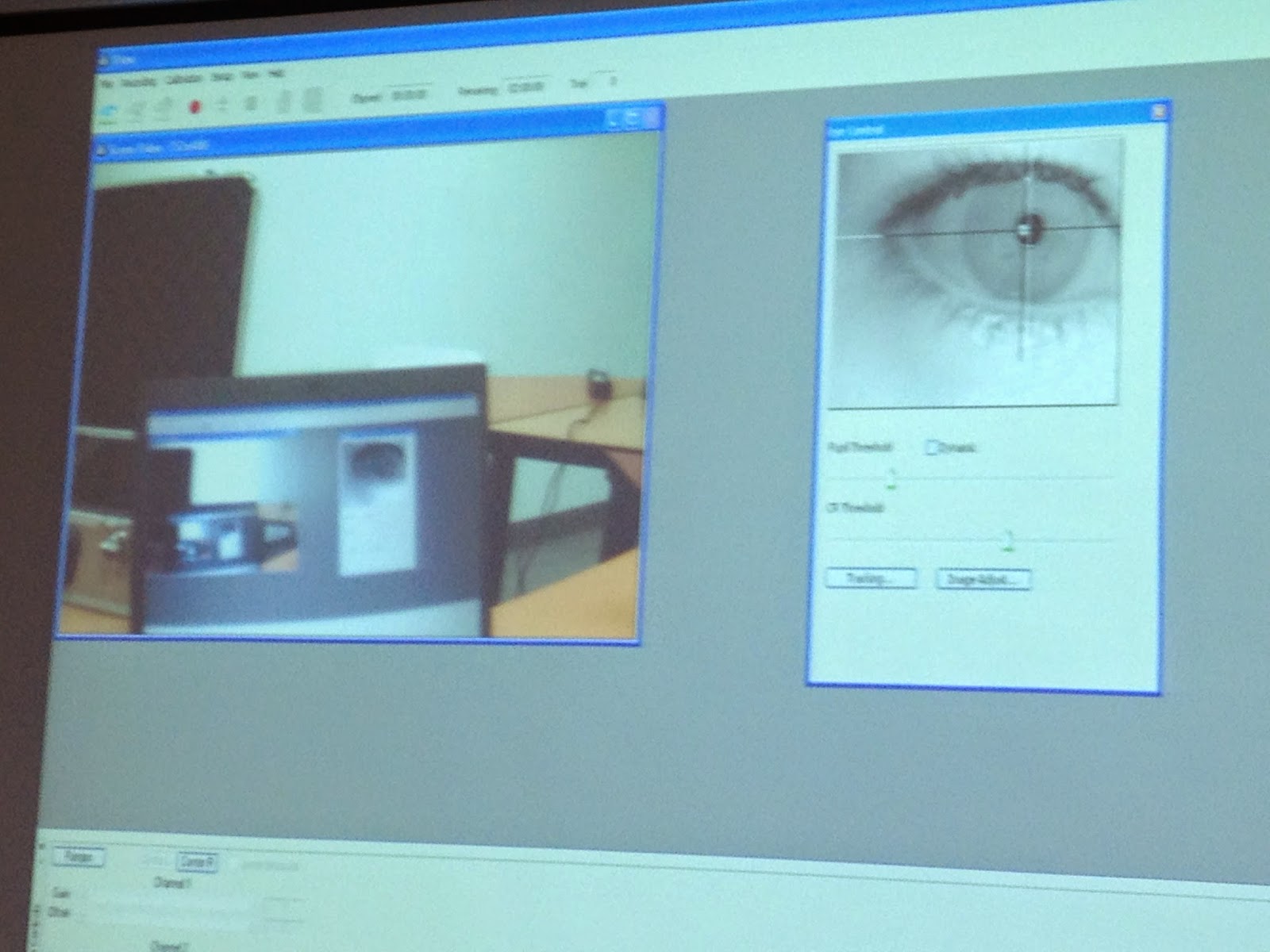Attention and mental resources
Attention : the behavioral and cognitive process of selectively
concentrating on one aspect of the environment while ignoring other things .
attention has also been referred to as allocation of processing resources .
Attentional resources are defined along three dichotomous
dimensions :
1. Stages of
processing with perceptual / central processing requiring resources different
from those used for response processing
2. Processing codes with spatial processing requiring
resources different from those used for verbal processing , and
3. Input / output modalities with visual and auditory
processing requiring different processing resources .
Product refers to the stage of awareness with respect to the
various perceptual and cognitive activities involved in constructing , updating
, and revising the state of awareness .
First activity is dichotic testing – josie`s science
experiment
First time , listening to the left earphone , and write down
the words you heard , second time , change to the right ear , finally put on
the both side of earphone and listening , write down the words you heard .
The result for me is
left side is more similar the both side , so my right side of brain is more
advanced than the left side , because the right side of brain control the left
side of body and left side of brain control right side of brain . in the test ,
most of classmates left side of brain is more strong . for the both side of
listening I think this is about selective attention of the brain ,so I just
select out the word more sensitive .
Selective attention (
filter out in visual and audio ) : focusing on specific objects and filtering
out others , the ability to attend to one source of information while ignore or
excluding ongoing message around us .
Expectancy – the use if our knowledge to predict where to
look for information and what changes to expect of product/system behavior .
Selective attention salience – the features of the environment
that will attract or ‘ capture ‘ attention
The left side of ear is a woman reading words with low speed
, and the right side of ear is reading a article with high speed . we should
write down the word start with m , p or t .
The result said we
can`t keep attention to the different things with same organum sensuum , so we
can`t using the same resources to do multitasks at the same time .
Multiple resources theory : focusing on specific
objects and filtering out others . the
ability to attend to one source of information while ignore or excluding
ongoing message around us .
Divided attention (
multitasks ): paying attention to more than one thing at one time . this
ability is limited , which has an impact on how much we can process at once .
The coordinating of multiple tasks ( including the allocation
of limited processing resources ) , planning , chunking or the reorganizing of
information to increase the amount of irrelevant information have all been
labeled as part of the executive control .
last activity is eye tracking
We use the advanced instrument to catch the pupil , tracking
the eye which part the tester focus , then record the data .
From this testing , attentional resources are directed to
one single task and maintained until desired goal is achieved , it`s called “
focus attention “ . Focus attention have the effort and difficulty to the performance
. if the effort is more than difficulty , so the performance improved .
A reduced level of resource requirement by one task would
translate to increased spare resources for processing other tasks .





没有评论:
发表评论